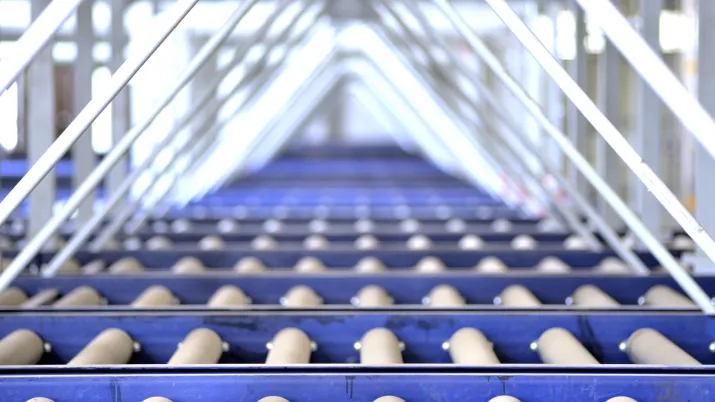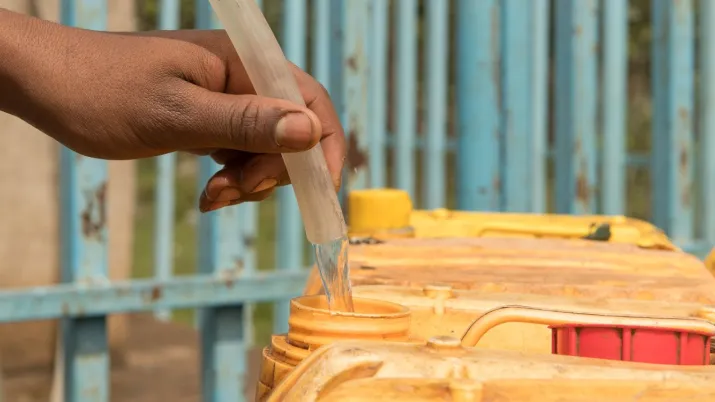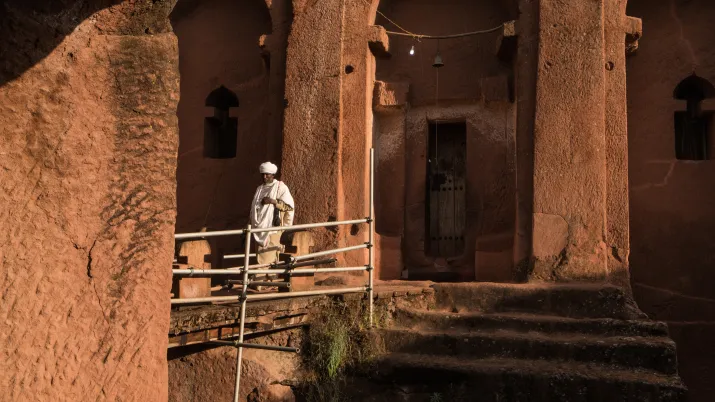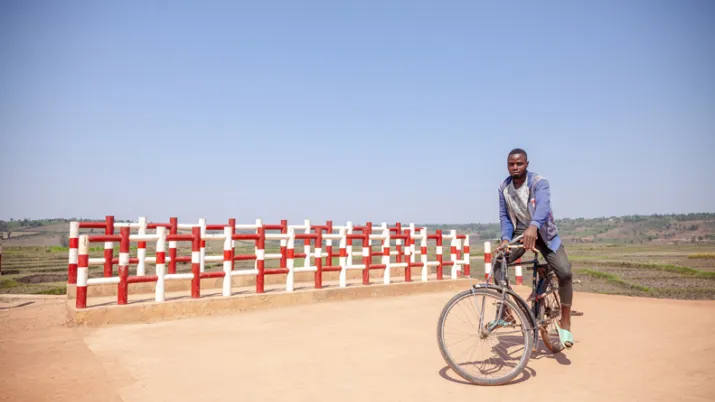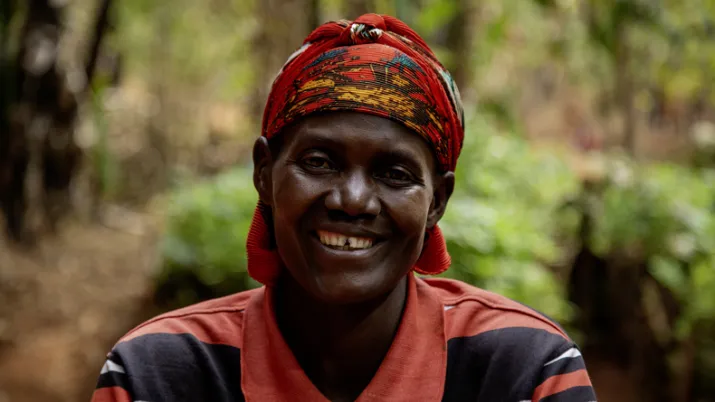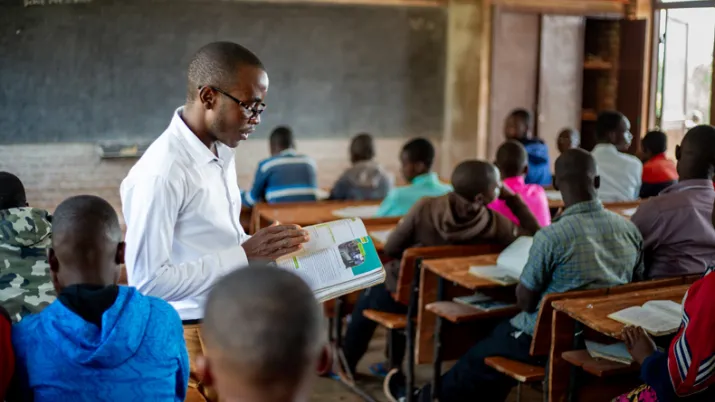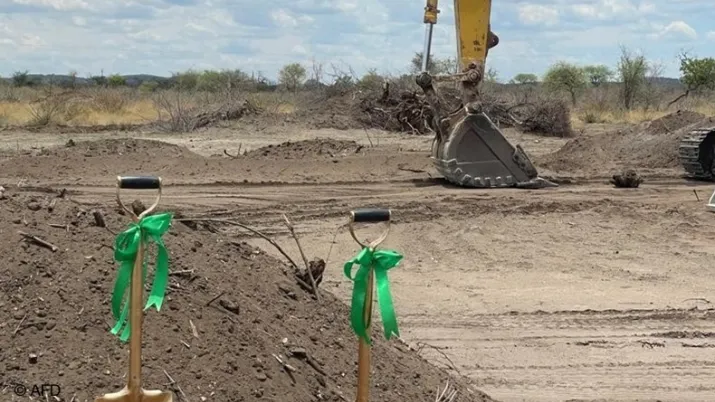Share the page
Ethiopian Secondary Cities Development Program
Project
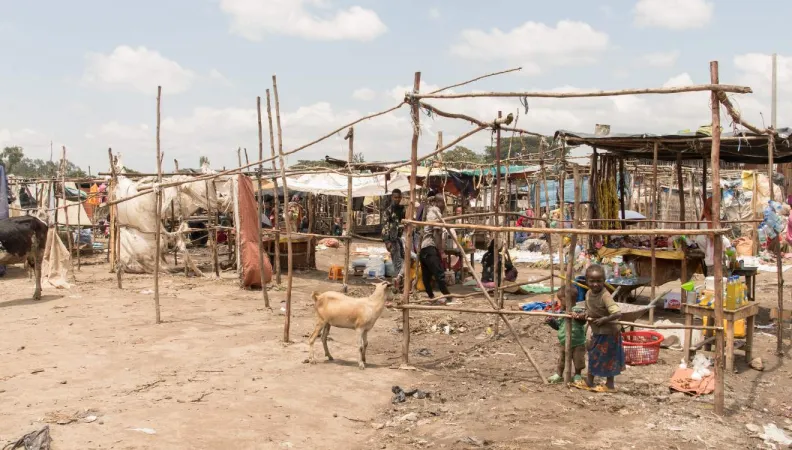

-
Project start date
-
Status
Ongoing
-
Project duration
-
5 years and a half
-
AFD financing amount
-
€ 10 000 000
-
Country and region
-
Location
-
Ethiopia
-
Type of financing
-
Beneficiaries
-
Federal Democratic Republic of Ethiopia
AFD is participating in the strengthening of infrastructure and institutional capacities in Ethiopia's secondary cities through the co-financing and support to the implementation of the Ethiopia Urban Institutional and Infrastructure Development Program (UIIPD).
Context
Ethiopia, the second most populous country in Africa, has a rapidly growing urban population, mainly concentrated in its capital Addis Ababa. Currently, 15% of the population lives in urban areas and this figure will increase to 30% by 2030. In order to ensure the balanced and sustainable development of the Ethiopian territory, it is essential to give secondary cities the capacity to meet the needs of their growing populations. However, Ethiopia's urban local governments are new and need to strengthen their financial and technical capacity to handle this accelerated urbanization.
The Ethiopia Urban Institutional and Infrastructure Development Program is a follow-up to three national programs already initiated by the Government of Ethiopia, with support from the World Bank. The contribution to this third decentralization support program enables AFD to extend its scope of intervention in the urban development sector in Ethiopia.
Description
The objective of the Program is to participate in the development of sustainable and controlled urbanization in 117 Ethiopian local communities with more than 20 000 inhabitants.
The Program has two components:
- Main component: allocations to local authorities based on performance indicators, for the construction of infrastructure, improvement of services and capacity building.
- Secondary component: contribution to capacity building and technical assistance to the Ministry of Urban Development and Infrastructure (MUDI). This contribution is made through support for studies to identify investment and development opportunities for 15 of the secondary cities participating in the program: Hawassa, Bahir Dar, Adama, Dire Dawa, Hawas-sa Debrebrehan, Jigjiga, Kombolcha, Jimma, Semera, Gondar, Harar, Arbaminch, Lalibela, Assosa, and Gambella.
Impacts
- Improved living conditions in secondary cities for 6.2 million Ethiopians;
- Improved citizen participation and engagement in planning and budgeting;
- Increased local government own revenues;
- Improved infrastructure, service delivery, operations and maintenance systems;
- Improved efficiency and effectiveness of fiduciary management;
- Improved environmental and social management.



